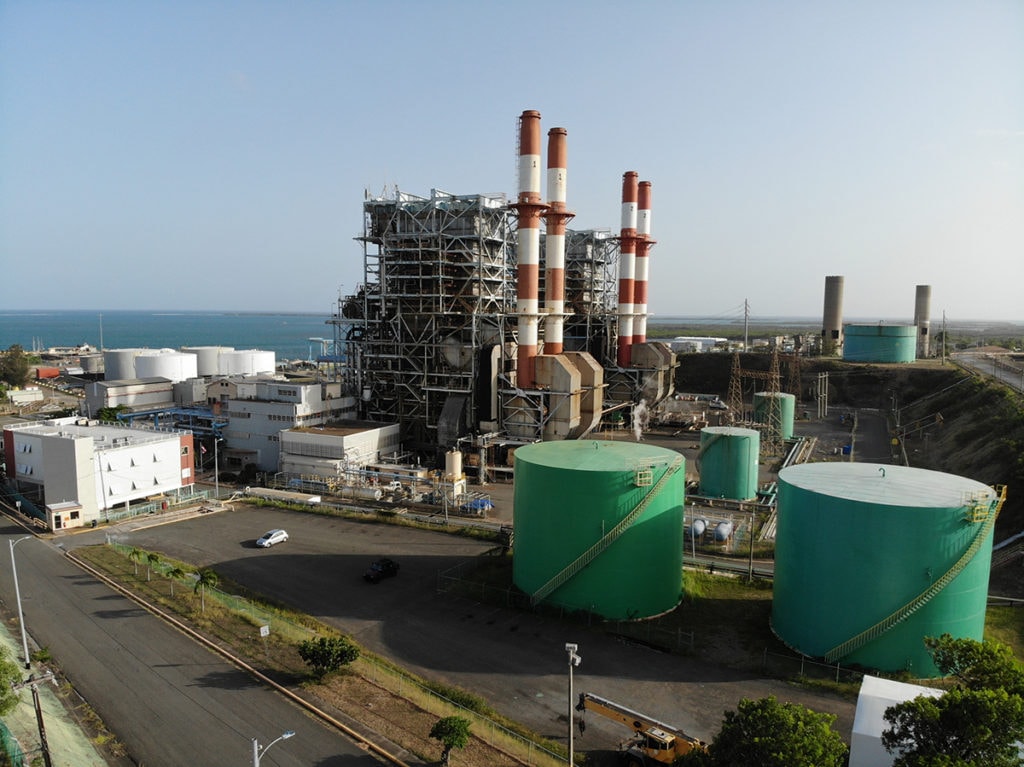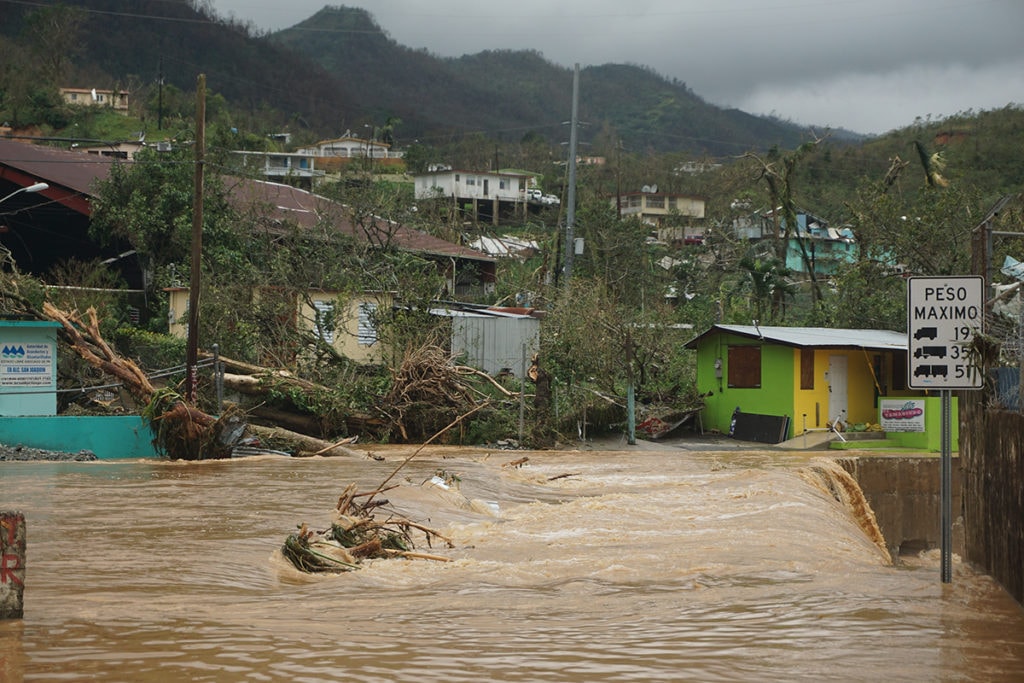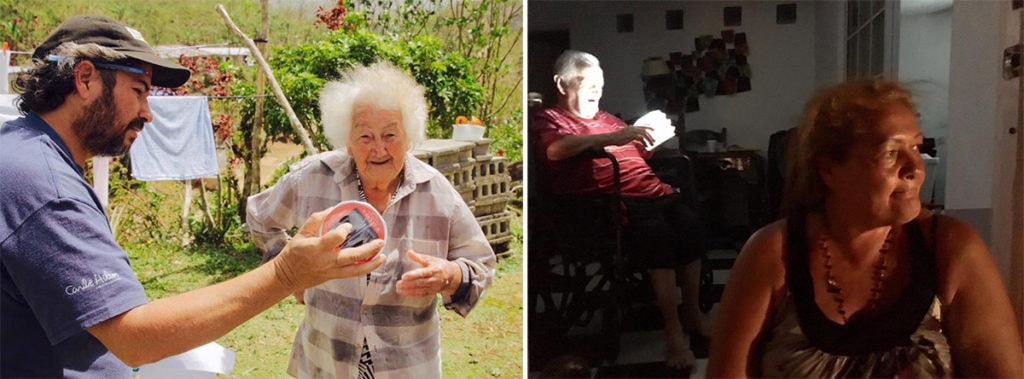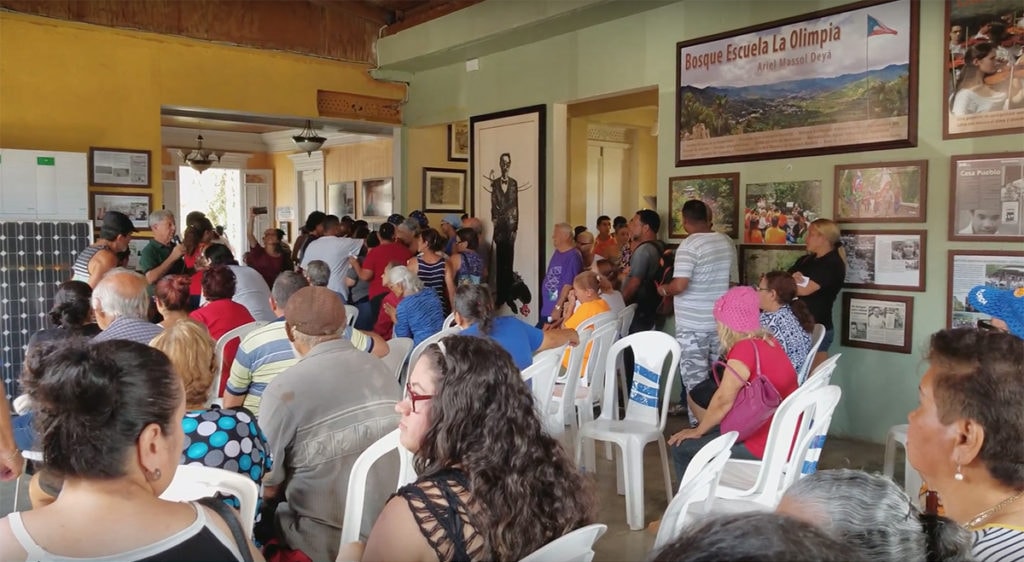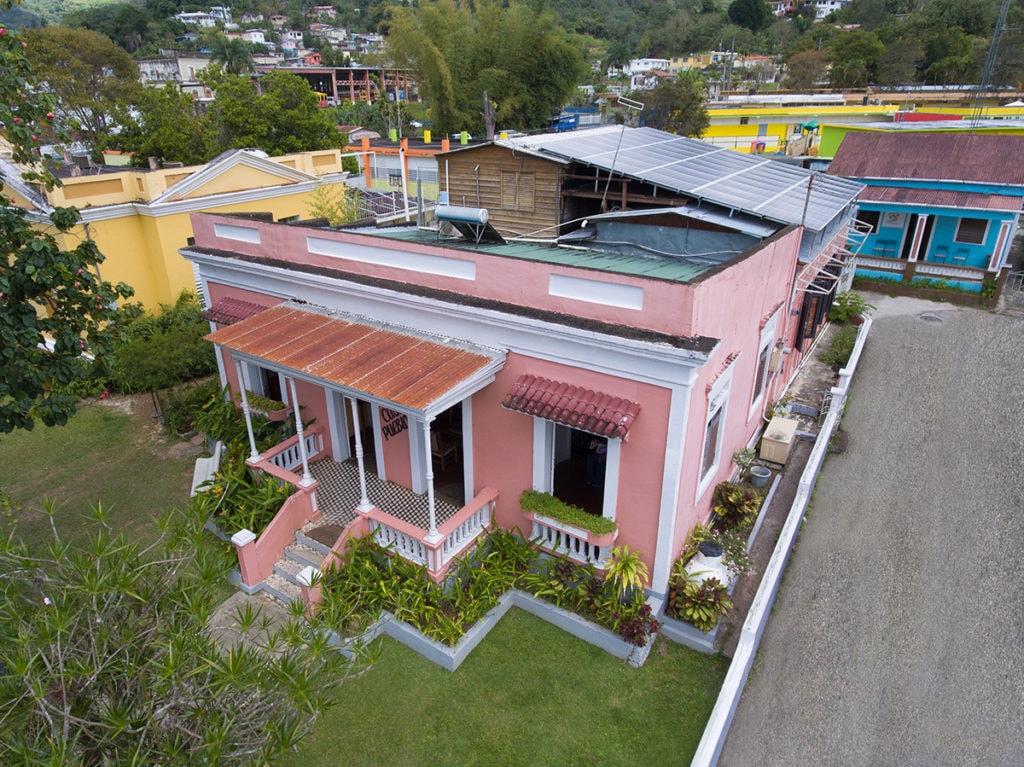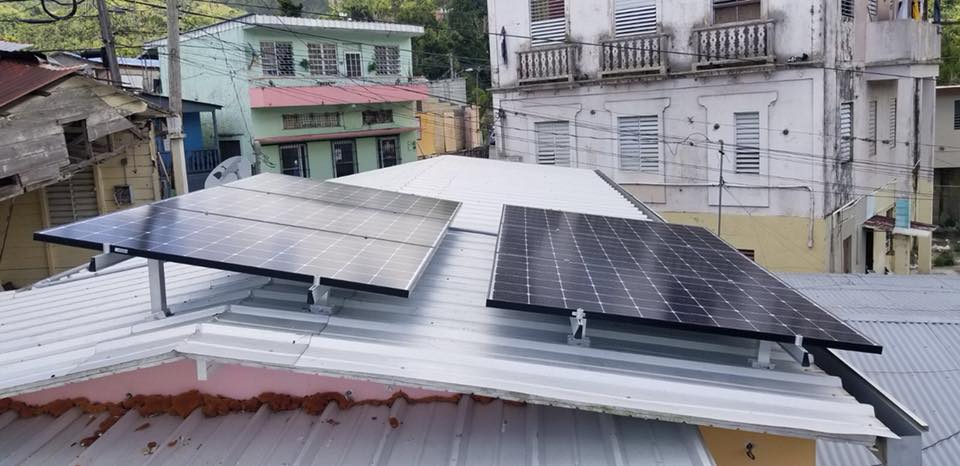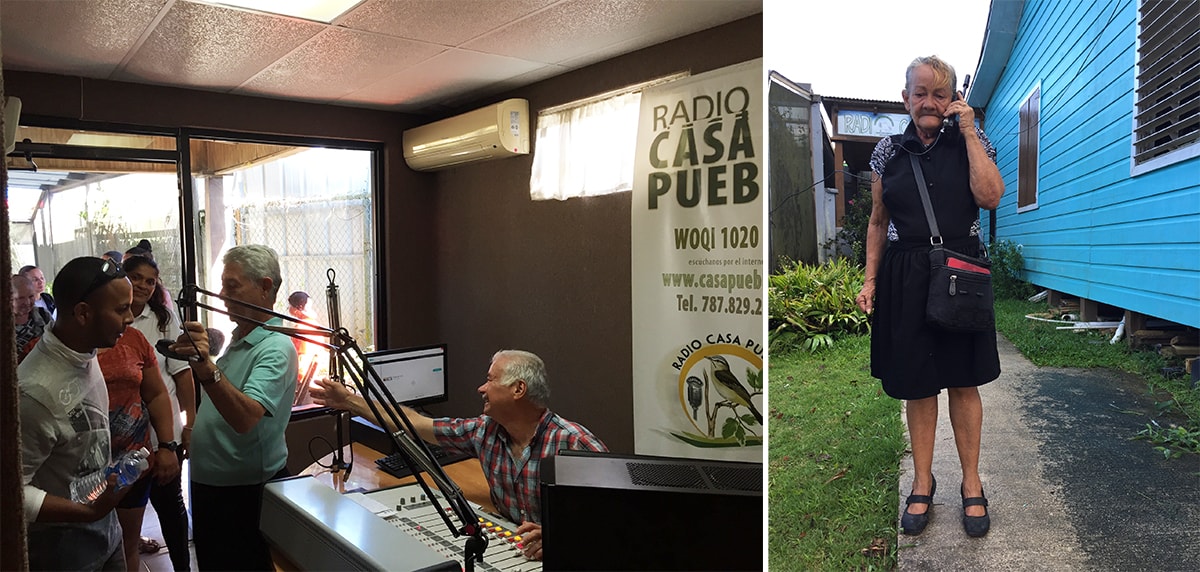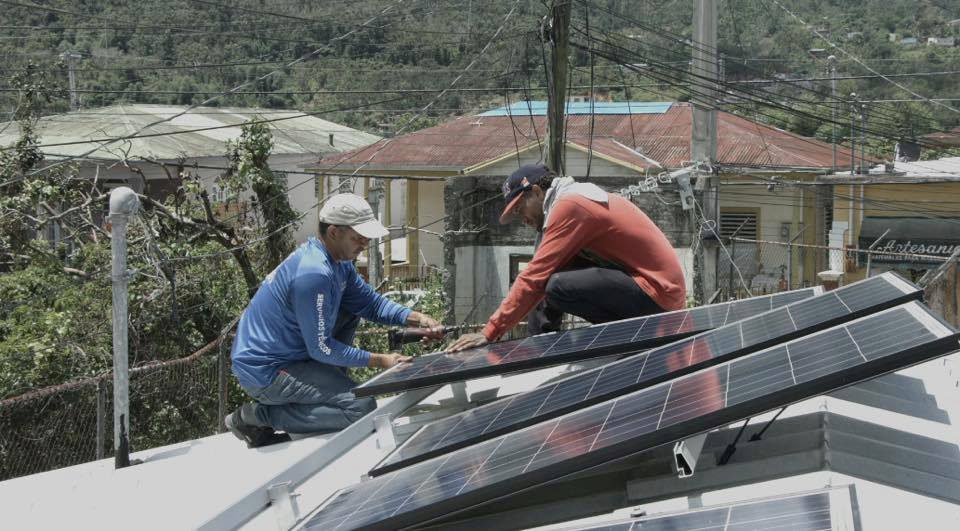We live in a Country, Puerto Rico, that for one hundred and twenty years has submitted to the United States’ political, economic, and military power. Now, we face the re-invasion of the island by a new structure of economic control and dominance, that seeks not to support or empower Puerto Ricans, but to dictate how our island is governed. The Financial Oversight and Management Board (FOMB) for Puerto Rico landed on the island under direct orders of the US Congress in 2016, in the same way that US military forces invaded Puerto Rico in 1898, but this time under the pretense of the government-debt crisis. In both instances, we were already a WE, with a common language and unique culture, cognizant of a geographical identity around the motherland—neither Spain nor the US—but rather the Mother Island Puerto Rico.
Evidently, the US Congress has dictatorial power over Puerto Rico, a power that allows it to impose anything from the death penalty to the eradication of the traditional cockfights, however undesirable they might be. These days, its dictatorial power shapes our lives through the FOMB, which has imposed of a series of brutal austerity measures and cuts to public programs. In education alone, hundreds of public schools have been closed in the last 3 years, while the University of Puerto Rico is going through a $389 million budget cut, with tuition costs that have doubled, and which might triple before 2023. In this Island Nation, we live under the illusion of democracy and self-governance, while the FOMB is in charge of determining and certifying the Country’s budget and deciding which of the laws passed by our legislature are valid, effectively imposing its own public policy. This is the colony unmasked. There is indeed a local structure to administer the colony, but the political power does not lie with its people. In continuing to state that we live in a democracy, which we are not, we affirm the problem instead of denouncing it. We have a democratic culture and aspirations, no doubt. We cannot, however, exercise democracy under a colonial political relationship, conducting “clean” elections for representatives who then oversee colonial administrative functions.
The old oil-and-gas-fueled Aguirre Power Plant Complex on the southern coast of Puerto Rico, a symbol of the old and fragile centralized energy grid, which failed spectacularly during Hurricane Maria. Photo by Nicholas Pevzner
This is a political system that perpetuates dependency and domination through poverty. This model is maintained through institutional dependency on political parties and politicians who believe they must think and decide on our behalf, a kind of social placebo for inaction. Three visions dominate the conversation regarding the central political problem of governance. Some demand independence, others seek an improved colony, while a third sector has been sold a Boricua statehood, in Spanish and with an autonomous Olympic Committee. We remain stuck on this central matter, making it nearly impossible to find a solution to the colonial conflict tempered to our current crises. Our electoral-political structure has left us with a shallow and corrupt democracy, unable to advance a national vision for fair and sustainable development. At a time like this, it seems that Puerto Rico is crumbling from the inside. In reality, it is being torn down from the outside. What to do? Where to go from here?
With higher temperatures leading to more moisture in storms, flooding in Adjuntas lasted for days after Maria. Photo by Arturo Massol-Deyá
Our recent history proves, with total clarity, that the true power for transformation emanates from the people of Puerto Rico. The response to Hurricane María and the recent people’s uprising of the Summer of 2019, laid bare the contrasts between traditional political power and social power. When the government failed in its response to Hurricane Maria, unable to restore electric power, distribute fuel, water, or any of the most basic social services, turning a natural event into a human disaster, communities stepped in — giving master classes on grassroots response, support, coordination, and allocation of external resources. People came together to open roads, distribute water, food, medication, solar lamps and tarps, and implement a permanent transformation by energizing critical services with solar-powered systems.
One of the hubs for such community-based action has been Casa Pueblo, a community empowerment organization based in Adjuntas that was born out of protests against mining exploitation on the Island’s rural zones. Casa Pueblo is self-financed through volunteer work, support networks, and the profits from processing and distributing Madre Isla Coffee, thus breaking the cycle of economic dependency. Our work is based on mutual respect of ideological differences and inspired by our collective needs.
Casa Pueblo distributed solar lamps in the immediate aftermath of Hurricane Maria. Photo by Marisol Plard [right]; Sylvia Martínez [left]
Generations of Resistance
When the power system failed after Hurricane Maria, Casa Pueblo’s lights stayed on, thanks to our photovoltaic system. It served as an energy oasis for Adjuntas. But how it ended up there is the result of multiple fights against external extractive threats—against mining, and then against the centralized oil- and gas-powered energy regime.
It took the efforts of several generations to prevent open-pit mining of copper, gold and silver in the mountains around Adjuntas, and later to ensure that these high-value watersheds and ecosystems received protection under a pioneering community-led forest management program, called Bosque del Pueblo, which provided a new model for both the Country and the Caribbean. The shift, from protest to a proposal that assumes responsibilities, placed natural resources in the hands of communities to promote a development model centered on people’s wellbeing, whether they were local residents or those from distant communities who depend on the zone’s ecosystem services.
First distribution of solar lamps in Casa Pueblo. Instead of long lines, people entered the premises to drink coffee, receive a brief explanation of how the lamps operate and their relationship with the sun while they were distributed in an orderly manner respecting the dignity of people in need. Photo by Fernando Samalot
Community management of Bosque del Pueblo led us to realize that an energy model based entirely on oil represented our greatest threat to the conservation of biodiversity. In 1999, three years after assuming these responsibilities, we installed a photovoltaic system in our headquarters, aiming to break our dependence on fossil fuels. Our conservation standpoint was strengthened through practice by promoting an alternative path to the centralized oil-based energy generation model, which has proven ineffective at equitably serving Puerto Ricans. Over time, natural gas and coal were added to the mix, but the old patterns remain the same, at a high cost for our economy.
Today, the environmental contradictions of this fossil fuel-based system are insurmountable and its vulnerability to natural disasters unquestionable. Its configuration is obsolete and costly, and it represents our primary source of greenhouse gas emissions. For islands in the Caribbean, such as Puerto Rico, the challenges posed by climate change, and the tropical storms, hurricanes, sea level rise, storm surge and altered weather patterns that it causes are greater than in the US. These climate threats are not limited to our distant future, but have materialized with significant impact over 18 consecutive months of drought and potable water rationing (2014-2015), two major hurricanes in 2017 (Irma and Maria), and the Summer of 2019 spent on the threshold of a new severe drought while Hurricane Dorian, gathering strength, passed close by before catastrophically devastating the Bahamas.
Casa Pueblo has operated its headquarters since 1999 with solar energy. There, people were able to recharge their personal equipment, operate respiratory therapy machines and receive support such as solar lamps, health clinics, access to satellite telephony, food, personal hygiene products, water filters, among many others. Photo by José Almodóvar
Local Power
During recovery from hurricanes Irma and Maria, both public and private services collapsed. Following María, it took four months to restore power for 70% of consumers in Puerto Rico. Six more months would pass before energy was restored for the remaining 30%. Among that 30% were the most geographically remote communities, those with the least access to traditional essential service provision. Casa Pueblo’s photovoltaic system, modernized over time to provide 100% of our energy needs, served as an energy oasis for Adjuntas, one of these geographically remote and underserved communities. Our energy independence laid the foundation to coordinate and provide direct and immediate assistance to communities. Moreover, we sought to fully transform the Municipality’s energy landscape through solarization of critical facilities providing food security, health and communication services, among others.
As a result of these efforts, many facilities across Adjuntas now operate with their own locally produced energy, guaranteeing the first line of access to food in small supermarkets and family-owned businesses. In the most remote areas, energy independence has empowered vulnerable residents to ensure continuity of medical treatments with solar-powered refrigerators and photovoltaic systems to run dialysis and respiratory therapy equipment. If we add the financial savings of our independence from the centralized power grid, to the gains from local control of resources and continuity of services, the possibility of reinvestment, growth and autonomous development becomes available to communities. Energy independence has created an opportunity to live better and be better prepared for the challenges of climate change.
Installations made in homes represents now many Casa Pueblo’s thus changing the energy landscape of the municipality. Photo by Julio Rosario
Today, more than ever, it is apparent that we cannot rely on government. Community-led development emerges as an alternative path for change based on direct participation of citizens. Our reality is that we do not have the political or military power to decide for ourselves. Economic power, some. But what we have in abundance is social power. It is through community-led development that we can activate this power to address our needs through a form of self-determination. We may not be able to self-determine at the geographical scale of the Country, but it is possible at the community scale.
It was these social relationships that filled the vacuum left by a dysfunctional government throughout the post-Maria recovery and reconstruction efforts. It was that same power that self-organized to demand our corrupt ruler’s departure, when after 14 days of intense and creative protests, the uprising of the Summer of 2019, the people dethroned then-governor Ricardo Rosselló. This milestone marks a significant qualitative leap on how the power of people can transform political structures. Perhaps, then, we should start not by thinking about that failed and systemically corrupt political system as the motor for change. Instead, we should seek to strengthen our horizontal ties to survive as a nation and build our own alternative path.
Casa Pueblo’s radio station WOQI 1020 AM was used directly by the community to send messages to their families and to coordinate delivery of aid to isolated areas. Photo by Sylvia Martínez [left]; People formed lines to use Casa Pueblo’s satellite phone in the days after the hurricane. Photo by Fernando Samalot [right]
In practice, from the individual to communities and municipalities, we can drive the Country’s transformation towards self-determination in a critical aspect of our economic development. The democratization of energy as a social transformation strategy provides a unique opportunity to break the cycle of dependence. Those who have self-appropriated political and economic power in the Country set environmental goals that they have no intention of fulfilling, all with the intention of halting the rapid integration of clean and renewable energy sources. In this way, they are perpetuating the fossil-fueled model. They have adopted a fashionable “green” discourse, but in practice they are mortgaging our future through gasification that is as unnecessary as it is anachronic. It is nothing other than more energetic colonialism.
The acquisition of materials and the installation of solar rooftops was an arduous and complicated task after the storm. Photo by Julio Rosario
Energy Insurrection
The call, then, is for energy insurrection. It has come from Adjuntas, from Toro Negro, Humacao, and other communities throughout the Country in a bottom-up process. In our case, we hope to redefine PREPA, the Puerto Rican Electric Power Authority, as our alternate energy source, because our primary source is the sun. We also have wind, water and plenty of biomass available. It is neither about saving nor dooming PREPA. No, they have a fundamental role in our transformation if they choose to step up to the challenge. It is about the Country redefining PREPA, as opposed to it defining us. When instead of merely distributing energy to homes, PREPA focuses on a business and social role as mediator to ensure that everyone, in homes and businesses, farms and factories, can generate their own energy instead of consuming energy generated elsewhere, we will have a power authority with a mandate worthy of taking us forward in the 21st Century. We demand a power authority capable of driving true energetic democracy, so that all of the people and not just a few can benefit from its generation.
Regarding Puerto Rico’s decolonization: why not aim for energy independence? As we rebuild our energy system, let us do so based on a vision of our future. Let us speak and act with clarity, shouting no to a fossil-fuel-based past that we must leave behind. We are in the midst of this battle. Now is the time for us to drive an energy insurrection for a transition to clean and renewable sources.
Decolonization and building spaces for self-determination is an urgent need. We were raised on a political narrative that told us that we were weak because we are small, that we lack the natural resources to fuel a modern economy, that we are incapable of self-determination. Who needs oil, gas, or coal when we can embrace the renewable natural resources of the future? We have within our reach enough sun, wind, and water to power the Island and much more.
Consensus on two new matters has emerged: the need to decolonize Puerto Rico and the need for a self-reliant and democratic energy system. A system in which Puerto Ricans control our energy resources will provide a viable path towards self-decolonization. This transformative step will offer our Country and its people better and greater tools to confront and define the political future we deserve.
Let us not wait to be decolonized—freedoms are built collectively from within.
Barrio Guilarte resident José ‘Pepe’ Borrero standing in front of a solar panel powering energy-efficient refrigerators, which were installed in 54 homes after Maria, located in all neighborhoods of the municipality. In an economy that imports 85% of its food, refrigeration is essential to address the issue of food security. Many prediabetic and prehypertensive people were exposed to junk food for a long time, explaining how renal failures tripled shortly after the storm. With the installation of these solar refrigerators, in addition to energy savings, these families are now better prepared. Photo by Rhett Lee García
 Arturo A. Massol-Deyá is from the mountainous area of Puerto Rico in the municipality of Adjuntas where his parents founded the community-based organization Casa Pueblo. Massol-Deyá grew up in this project and chairs its Board of Directors since 2007. A graduate of the public school system (1986) and the University of Puerto Rico (1990), he obtained his doctoral degree from the Center for Microbial Ecology at Michigan State University in 1994. Since then he has been a faculty member at the Department of Biology of the University of Puerto Rico Mayagüez Campus where he established the Tropical Microbial Ecology Lab. He has been a mentor to numerous students and a principal investigator of projects on microbial ecology with emphasis on biological processes aimed at restoring contaminated environments. He is a 2019 Roddenberry Fellow.
Arturo A. Massol-Deyá is from the mountainous area of Puerto Rico in the municipality of Adjuntas where his parents founded the community-based organization Casa Pueblo. Massol-Deyá grew up in this project and chairs its Board of Directors since 2007. A graduate of the public school system (1986) and the University of Puerto Rico (1990), he obtained his doctoral degree from the Center for Microbial Ecology at Michigan State University in 1994. Since then he has been a faculty member at the Department of Biology of the University of Puerto Rico Mayagüez Campus where he established the Tropical Microbial Ecology Lab. He has been a mentor to numerous students and a principal investigator of projects on microbial ecology with emphasis on biological processes aimed at restoring contaminated environments. He is a 2019 Roddenberry Fellow.
Acknowledgement
I gratefully thank Alejandra Castrodad-Rodríguez for her editorial contribution.
Cite
Arturo A. Massol-Deyá, “Our Energy for Our Country,” Scenario Journal 07: Power, December 2019, https://scenariojournal.com/article/energy-for-our-country/.

